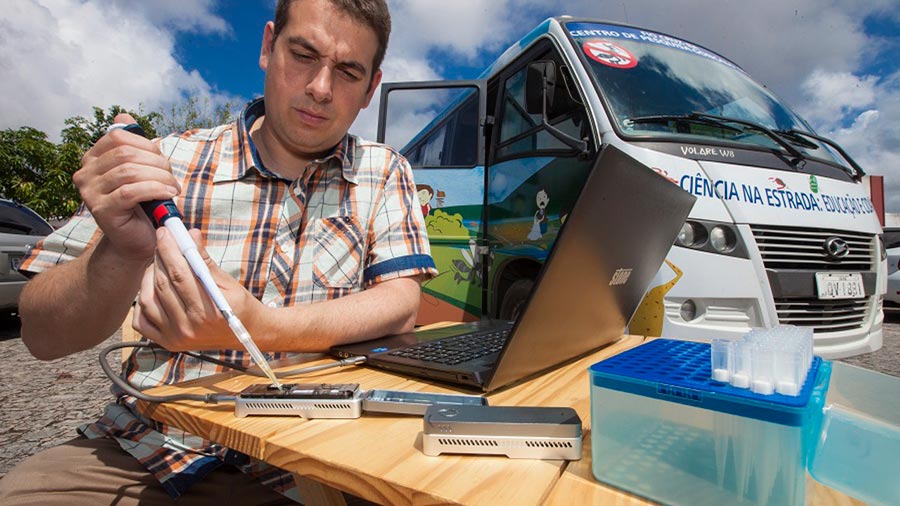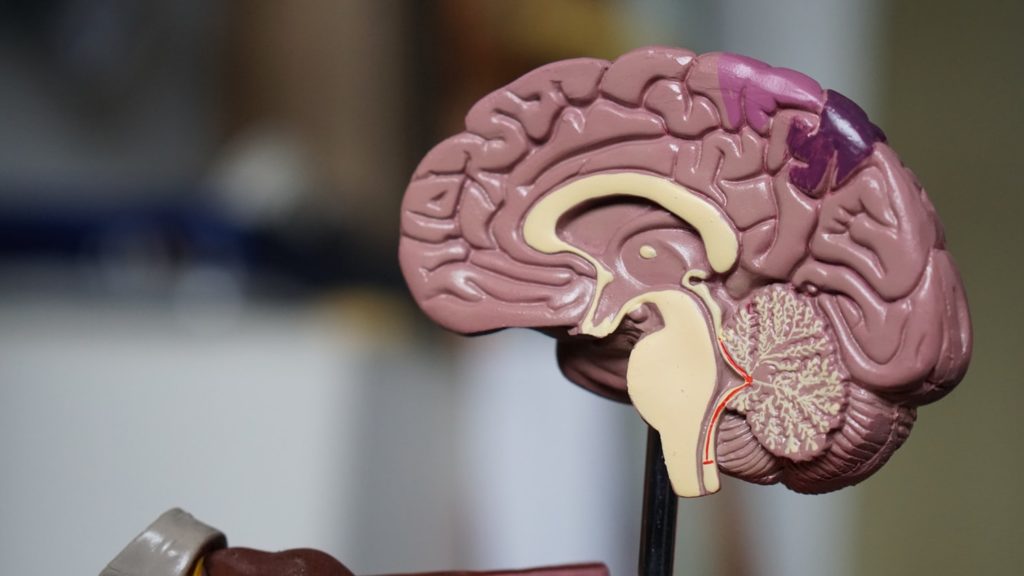Background
TBI is a leading cause of death and disability worldwide; over 50 million people have a TBI each year and global incidence is rising. Long-term impacts from TBI are complex, heterogeneous, and include physical, psychological and cognitive sequelae. One method of systematically capturing patients’ own health perspectives is through the use of PROs. These are questionnaires completed by patients to measure their own estimation of health using domains such as symptoms, mobility, mental health, quality of life, and social functioning. Prior to this study, we conducted qualitative research which explored the attitudes of healthcare providers, researchers, patients and carers towards capturing long term impacts and reporting residual symptoms on an electronic platform. We found PROs were seen as helpful to clinicians and patients as they improved knowledge of residual symptoms and their impact post-TBI. The participants’ positive attitudes towards an electronic platform to collect PROMs show that there is a demand for reporting their symptoms and their impact electronically. Subsequently, we will explore the usability and feasibility of an ePRO system for patients with TBI.
Method
We will test the usability and acceptability of an ePRO platform with TBI patients. Usability and acceptability will be evaluated using quantitative and qualitative methods: including questionnaires, “think aloud” feedback, task completion times, and error rates.
We will test the feasibility of collecting ePRO data in an outpatient clinic at University Hospital Birmingham.






